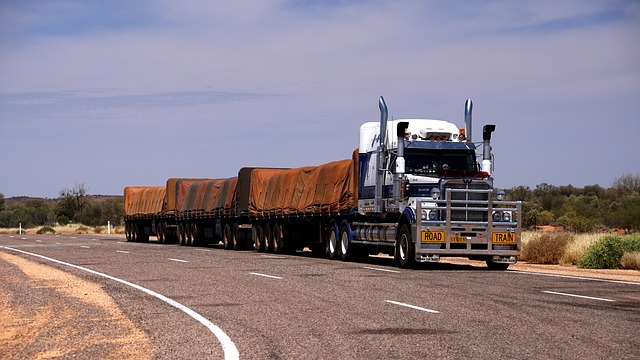The Blablacar model applied to delivering ‘goods’.Instead of giving people a lift in order to split the cost and save money, why not give goods a lift too
In addition to saving money and benefitting society, the Sharing Economy is already exploding with a vast host of new platforms and a dizzying array of new, varied businesses.
A few months ago we mentioned PricewaterhouseCoopers. PWC’s study reported that, over the next 10 years, the Sharing Economy in Europe will grow 20 times as big as today’s.
One of the most interesting areas in the next few years will be the major transformation in logistics and supply-chains from transportation to warehousing.
So let’s start by talking about the sharing transportation and warehouses. Some platforms are proposing the shortening of the distribution chain-time by making deliveries faster.
The Sharing Economy in Transportation

Today, we will talk about the Sharing Economy in the delivery area an area where some Italian platforms have already emerged.
Toctoc Box
Toctoc Box is a platform founded by four young Italians for peer-to-peer deliveries. On the one side there is he who has to send an item to another, who in turn has to travel in same way as that of the box. Herein lies the possibility of savings on the receiver’s travel costs.
This application is very useful and intuitive.
The payment between the sender and the transporter is done in cash, the transporter takes care of commission payments to Toctoc by credit card.
The amount paid is suggested by the App, based on the goods volume and the transport distance. There exists the possibility to customize the transaction through mutual agreement between the two parties.
Take My Things
Take My Things is a Sharing Economy platform created by two young Piedmontese for shipping goods. As the slogan says: “ we connect you to the people whose motto is ‘shipping is our business”.
The difference between Toctoc Box and Take My Things is that Take My Things addresses companies’ needs and is, as such, in a specialized business sector. Private and business targets are very different, and thus have differing customer needs. A private transaction can usually afford to wait a little longer than companies can. A critical part of their business is delivering ‘on time’ in an ever-more-demanding supply chain environment.
The business service sector is addressed by e-commerce companies, local shops, franchise network and marketplace. Some expected delivery times are less than one hour.
Macingo
Macingo is an Italian platform for companies and road transport operators. It is therefore in the purely business category and its platform utilizes any slack in the capacity of various drivers who are themselves subscribers to the platform.
In this way, one side saves on the deliveries and on other gains in revenue from any idle shipping capacity.
Traditionally, this sector is tied to a cumbersome process. On the one hand we have companies wasting time and energy finding a carrier who can make on-time deliveries at a reasonable price. On the other hand we have drivers are waiting for a full load before commencing a trip. To overcome this problem, companies have to pay more for transport in order to have the goods delivered on time. Also, all the logistical management is done by telephone, thus increasing the risk of misunderstandings.
Macingo aims to be an authentic marketplace for deliveries where the use of the platform allows companies to choose from among the various operators that are available and ready to make the delivery.
In other words, expanding the portfolio of drivers and having available routes completely mapped, the companies can manage their own shipments. The drivers can load their vehicles faster and reduce any idle time and waste to a minimum.
Beyond national borders?
Today we have been focusing on Italian platforms out of national pride. But obviously there is no lack of play abroad. Platforms like Macingo, for example, have existed abroad and overseas for some years: Freightos, Convoy, Loadsmart and finally Saloodo!, a subsidiary of DHL are just some examples. that operate as brokerage platforms through data exchange between logistics and customers.
The logistics industry, as we know it, is not only about transportation. Material storage is a very interesting area to observe now and in the future —
But we will discuss this later. Stay tuned …

